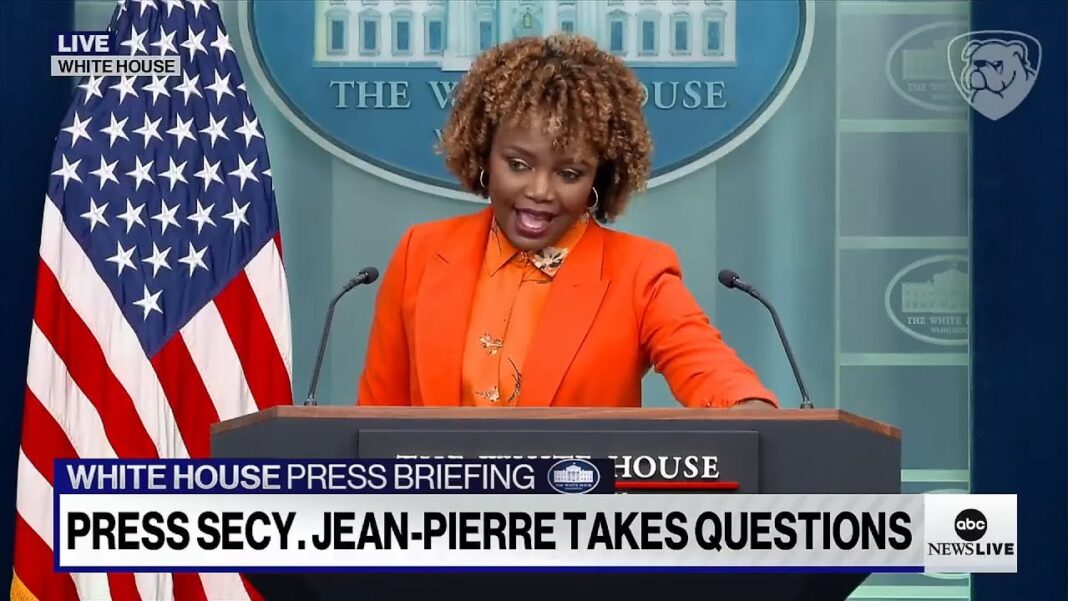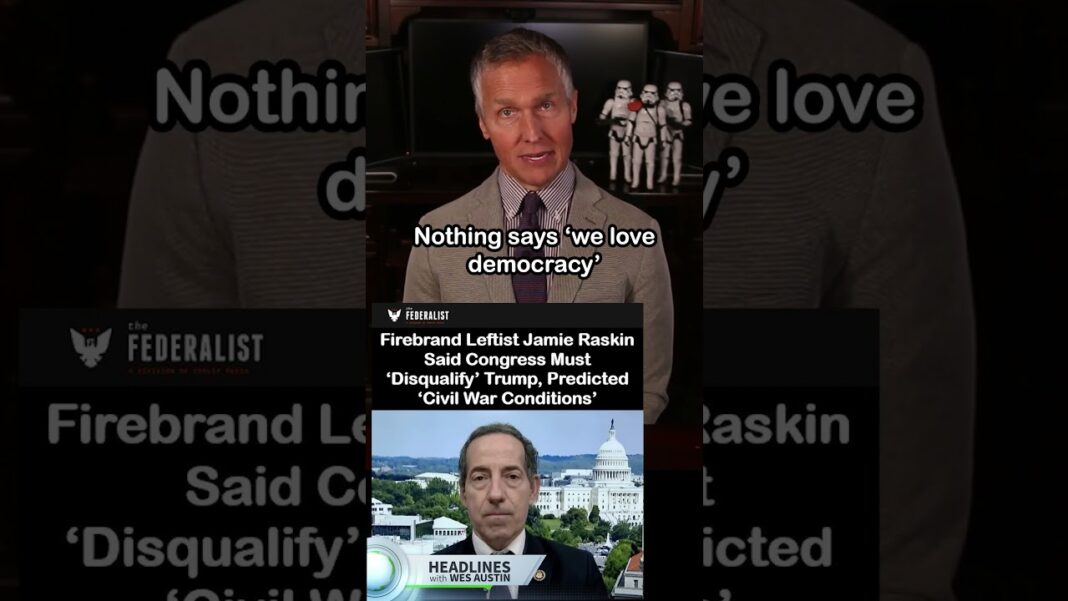Policymakers said they have ‘gained greater confidence’ in their fight against inflation, expecting another 50-basis-point cut this year.
The Federal Reserve has cut interest rates for the first time in four years after concluding its two-day policy meeting on Sept. 18, 2024.
Monetary policymakers kicked off their first easing campaign since the onset of the coronavirus pandemic by lowering the benchmark federal funds rate by 50 basis points, to a range of 4.75–5 percent. The decision affects interest rates on credit cards, auto loans, mortgages, and other financial products, as well as savings accounts.
The central bank’s decision to drastically lower interest rates just ahead of November’s presidential election is expected to draw some criticism.
Former President Donald Trump, for example, told Bloomberg in May that the Fed’s move to lower rates is “something that they know they shouldn’t be doing” so close to an election.
Investors, however, had widely expected that the central bank would start the new cycle in an aggressive manner.
“The committee has gained greater confidence that inflation is moving sustainably toward 2 percent, and judges that the risks to achieving its employment and inflation goals are roughly in balance,” the post-meeting statement from the Federal Open Market Committee (FOMC) reads.
“The committee would be prepared to adjust the stance of monetary policy as appropriate if risks emerge that could impede the attainment of the committee’s goals.”
Meeting participants voted for the cut 11–1, with Gov. Michelle Bowman opting for a quarter-point reduction.
As for the broader economy, the Fed stated that recent indicators suggest that economic activity “continued to expand at a solid pace” and employment gains have slowed while the unemployment rate “remains low.”
“Inflation has made further progress toward the committee’s 2 percent objective, but remains somewhat elevated,” the statement said.
Following the Fed’s announcement, President Joe Biden said on social media platform X: “We just reached an important moment: inflation and interest rates are falling while the economy remains strong.
“The critics said it couldn’t happen—but our policies are lowering costs and creating jobs.”
By Andrew Moran






